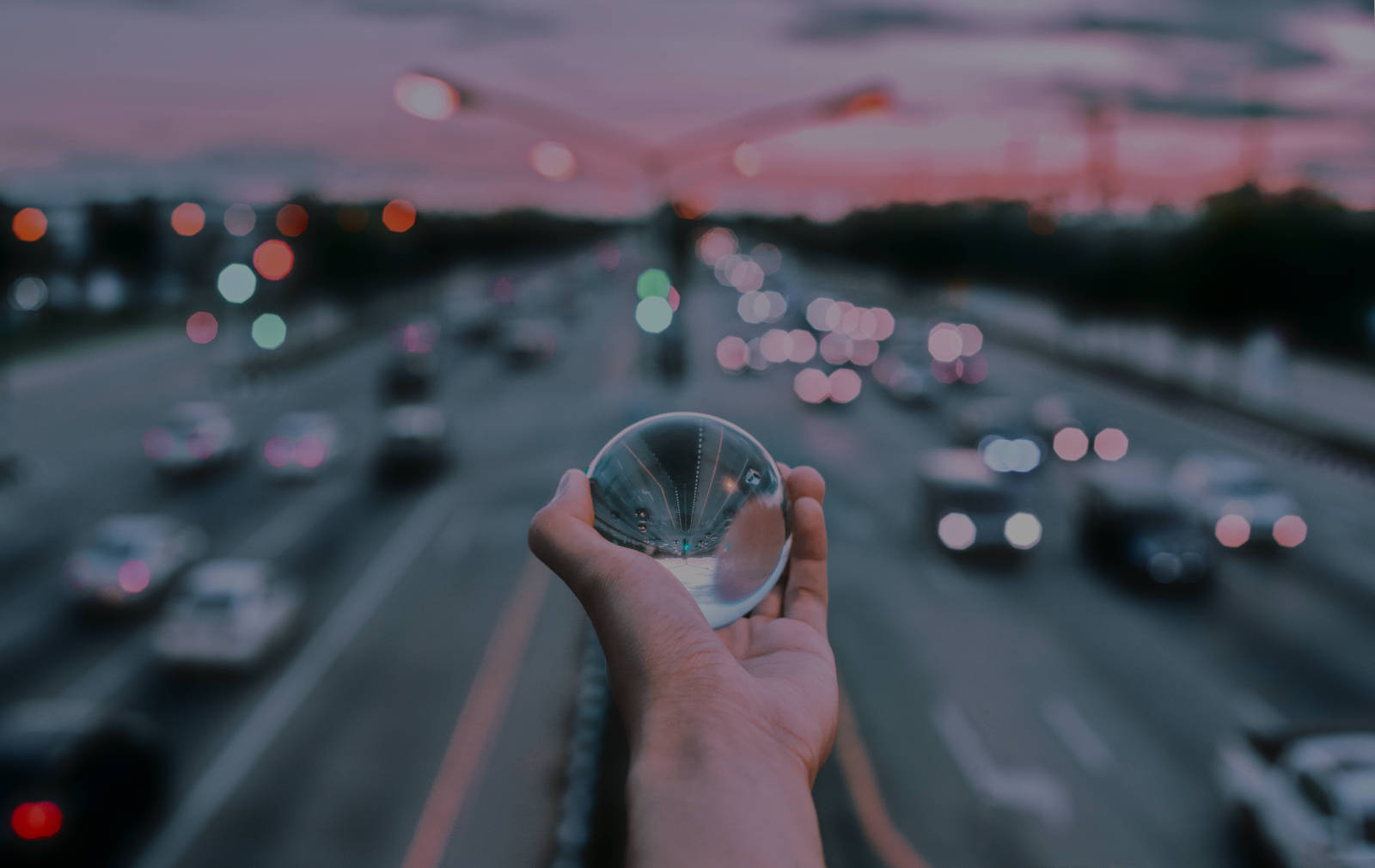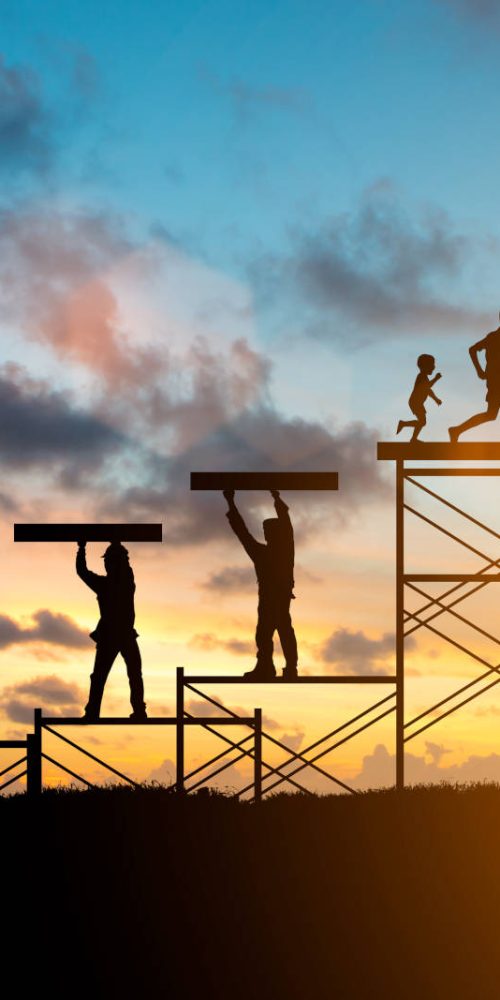What’s the Travel Forecast?
“Don’t go near South Kensington tube station.” These were the words of John Starski as he grabbed my wife’s arm before she left. Various prophecies from that fortune teller’s reading have seemingly come to pass, though if you ask me, they’re all rather generic.
Our capacity to second guess the future is perhaps driven principally by the event horizon we choose to frame it in. 7 to 10 days seems standard for weather apps, for example. When it comes to planning beyond the ‘immediate term’ however, for most of us, the crystal ball gets cloudy and vaguer the further ahead we go.
Instead of 7 days, how about we look 27 years ahead. That’s what scientists advising the Intergovernmental Panel on Climate Change have done, with a prophecy that is a little too apocalyptic for comfort. My kids will be 38 and 42, living with the legacy of our industrial and digital revolutions. It is hard to imagine but if the science is correct, it will be a somewhat tricky existence unless we make some sweeping changes to our way of life, now.
OK, how about we look just 7 years ahead? 2030 feels much more within the scope of comprehension doesn’t it – almost tangible. As governments ramp up their decarbonisation strategies this milestone on our journey to 2050 and beyond will hold to account many of the organisations ‘You. Smart. Thing.’ is working with today. Many of us are currently benefiting from government subsidies that are designed to tackle the climate change emergency. The application of the funding, our weapon against the status quo and chance to extinguish the suffocating externalities of our past inventions? For the most part, paradoxically, the money goes towards technological innovation. Innovation, and thankfully a data-driven roadmap to sustainable development.
Innovation itself isn’t the answer. It’s what we do with it that counts. Sustainable development means a long-term business model. We need not shy away from economic growth but it must be balanced with environmental impact, and we must not be distracted by shorter-term opportunism. This presents a challenge for organisations across the globe, and in many cases may require a degree of constitutional realignment.
Though she’s not been back to a fortune teller since, on our way to the Chelsea Flower Show, my wife and I still steered clear of South Kensington tube station. For some reason we harbour a level of trust in Mr Starski’s determined yet unqualified warning. Why risk it? On the other hand, despite years of qualified scientific research, a mountain of data, and unprecedented first-hand evidence in the form of flooding and wildfires across multiple continents suggesting that humans are fast approaching extinction, rather than trust, we evoke the pre-millennium mythology of Nostradamus and rest on our collective laurels.
Instead, we need to have more collective faith in science. This time around we have an abundance of data. Often this is information about what we intend to do, captured before we act. With data analysis we can forecast the future, assess the potential impact of our actions, and adjust them accordingly. So, what would you do if you knew?
At ‘You. Smart. Thing.’ we respect cause and effect. We have faith in the science of meteorology and thus concern ourselves with one of the key causes of climate change. It’s not the weather forecast, but the travel forecast that has the capacity to make the biggest difference to the carbon footprint of our clients. As with many organisations around the world, travel represents much if not most of their carbon footprint. By understanding how people plan to travel – this most fundamental of anthropological phenomena – as far in advance as data capture methods will allow, we can calculate its impact. What we do with that information, it’s attribution to human behaviour and how we act upon it to nudge behaviour change can make all the difference.
We hope you find inspiration and insight in this update and posts on ‘You. Smart. Thing.’ blog, along with practical examples of best practice in travel demand management, that can be applied to help advance decarbonisation.
Warm regards,
Chris, CEO, You. Smart. Thing.




